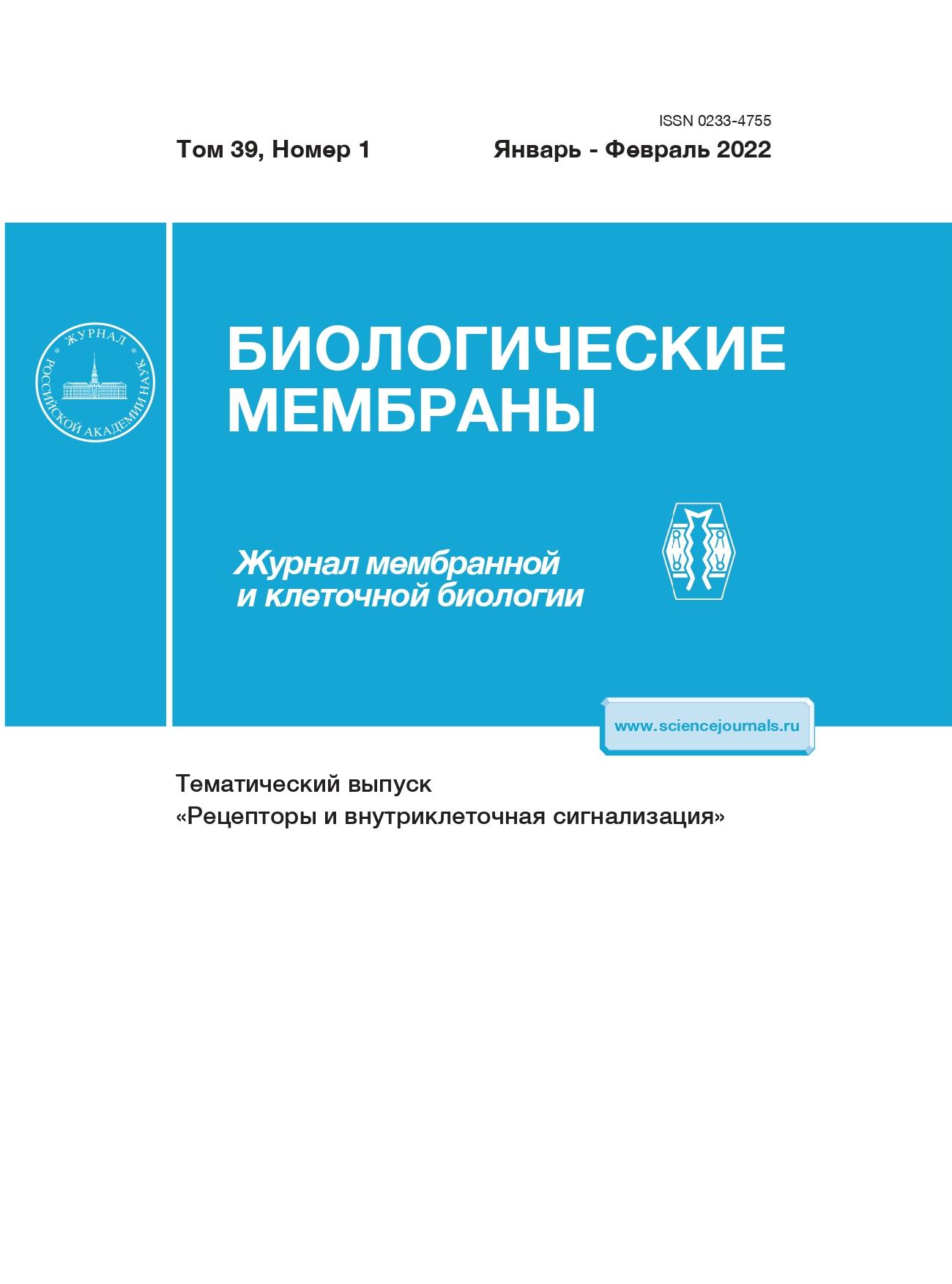
BIOLOGICHESKIE MEMBRANY
Journal of Membrane and Cell Biology

Journal of Membrane and Cell Biology
E. I. Yakubovich, A. G. Polischouk, V. I. Evtushenko
Biochemistry (Moscow), Supplement Series A: Membrane and Cell Biology. 2022;16(2):115-126
Pages: 115-126
The metastatic cascade in breast cancer, a process fundamentally dependent on cellular signaling and membrane dynamics, is increasingly recognized to be influenced by components of the nervous system. This study investigates the critical **role of neurotransmitters and neuropeptides** in promoting breast cancer metastasis, focusing on their interaction with tumor cell surface receptors and subsequent downstream signaling pathways. We hypothesized that specific neuroendocrine factors, acting through G-protein coupled receptors (GPCRs) on cancer cells, modulate key cellular processes such as migration, invasion, and epithelial-mesenchymal transition (EMT). Using *in vitro* models of human breast cancer cell lines (e.g., MDA-MB-231 and MCF-7) and *in vivo* mouse models, we examined the effects of factors like Substance P and norepinephrine on cell motility and matrix metalloproteinase (MMP) expression. Our findings demonstrate that these neuroendocrine signals significantly enhance cancer cell invasiveness, primarily by activating the $\beta$-adrenergic and NK1 receptor pathways, leading to increased MMP-9 secretion and cytoskeletal rearrangement. These results underscore a direct neuro-cellular communication axis that drives metastatic progression, suggesting that targeting specific neurotransmitter/neuropeptide receptors on the cancer cell membrane could represent a novel therapeutic strategy to inhibit breast cancer dissemination.